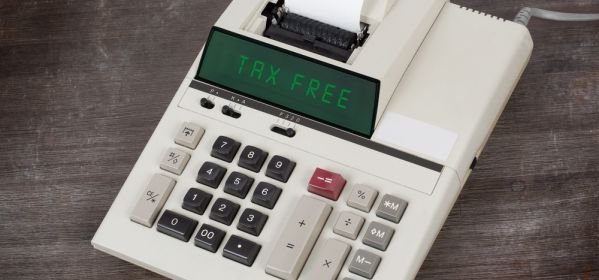In the fourth of a series of articles focusing on possible changes to retirement income policy in the Federal Budget 2016/17, we consider the possible changes to tax on investment earnings.
The current rule
Currently there is no tax on investment earnings from post-retirement assets.
Suggested changes
Both the Financial Services Inquiry (FSI), also called the Murray Report, and the Grattan Institute have suggested that a tax rate of 15 per cent on investment earnings be introduced, but that amount of tax payable should be offset by the application of dividend imputation. The Labor Party policy recommends a tax-free threshold of up to $75,000 in earnings, should a tax of 15 per cent would be introduced. This would match the 15 per cent tax in the accumulation phase of superannuation. See examples of how this might affect individuals.
Opinion
It seems fair to maintain a no-tax environment for those living off their savings in retirement – up to a certain level. We often quote the Association of Superannuation Funds Australia (ASFA) Retirement Standard – $59,236 for a couple and $43,184 for a single – as the suggested minimum amounts required per annum to lead a comfortable life in retirement. The ASFA standard, however, is fast becoming an inaccurate measure when we factor in the average $55,000 worth of debt (often mortgages) that those aged between 60 and 69 are now carrying into retirement. Using an interest rate of 5.5 per cent, this adds about $3000 per annum to the amount needed to lead a ‘comfortable’ life and to cover average housing debts. If this amount is credit card debt, then the sums are higher and more is needed.
So it is fair to suggest that one will need about $62,236 as a couple or $46,184 as a single to lead a dignified and enjoyable retirement. It is on the basis of these amounts that we believe post retirement assets under the $75,000 threshold suggested by the Labor Party, should remain tax free. This gives all Australians sufficient leeway to protect their savings and have enough income to fund a comfortable retirement, which includes the need to service an average amount of debt for their age and stage.
Above the suggested $75,000 investment earnings per annum threshold, a 15 per cent tax seems fair, with an offset of dividend imputation.
And the real upside is that in 10 years’ time, this could be earning the Government $9.2 billion to offset increases in services needed by older Australians – there’s not much not to like about that, is there?
Related articles:
Age Pension age changes
Time for super tax concession changes
What do you think? Is no tax on retirement investment earnings fair? Or are there those who can afford to pay at least a little? And if so, where would you set the bar?

